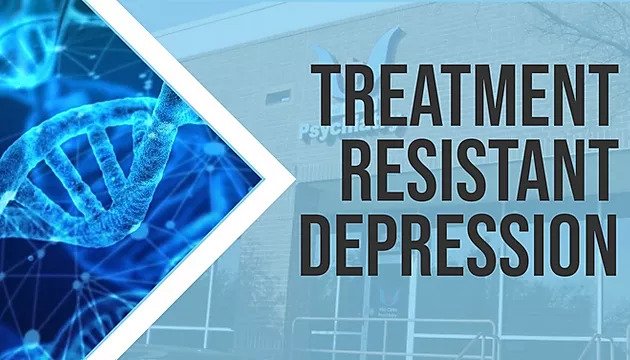For many people coping with major depressive disorder—which includes different types of depression that persist for at least two weeks—antidepressants can play an invaluable role in helping relieve symptoms, enabling them to resume the life they once enjoyed. But for those who experience a form known as treatment-resistant depression (TRD), standard medications tend to provide little to no relief.
The disorder isn’t rare: Up to one-third of adults with major depression battle symptoms—such as persistent feelings of sadness, sleep disturbances, low energy and thoughts of death or suicide—that don’t respond to treatment.
The Mind Matters: This Johnson & Johnson Researcher Is on a Mission to Change How We Treat Mental Illness
“Although there is some disagreement as to how to define treatment-resistant depression, a patient is generally considered to have it if the individual hasn’t responded to adequate doses of two different antidepressants taken for a sufficient duration of time, which is usually six weeks,” explains Jaskaran Singh, M.D.Jaskaran Singh, M.D., Senior Director of Neuroscience, Janssen Pharmaceuticals, Senior Director of Neuroscience, Janssen Pharmaceuticals, part of the Johnson & Johnson family of companies.
While there’s still much to learn, several recent and promising advances are shedding new light on how to understand and manage TRD. Recently, for Mental Health Month, we highlighted some of the most important findings—and why there may be new hope for people who’ve been living with the disorder for far too long.

